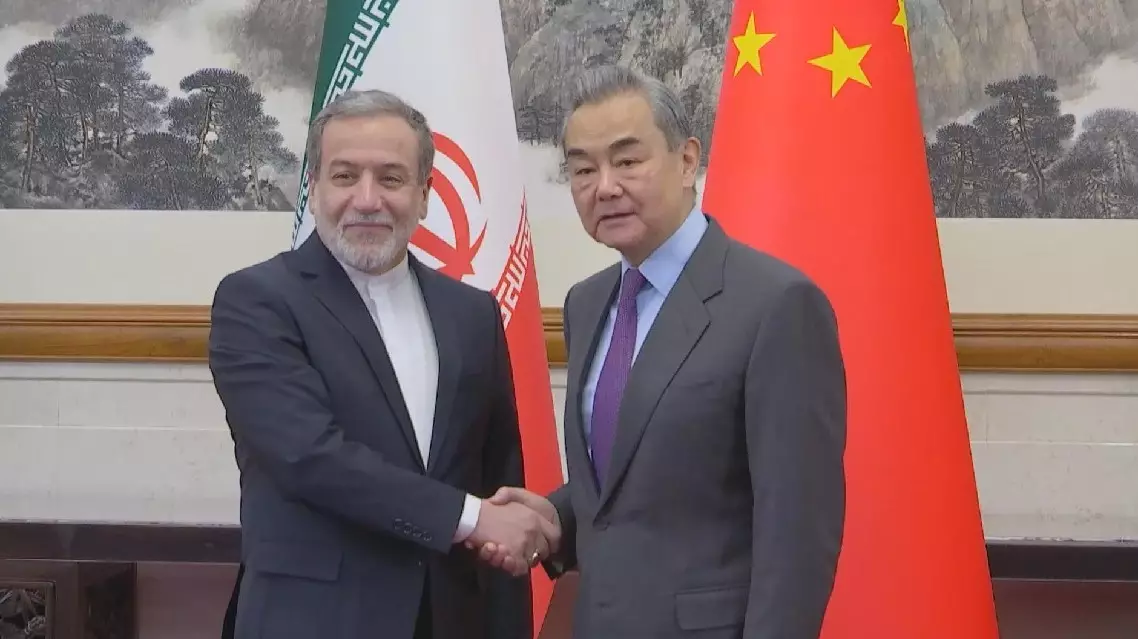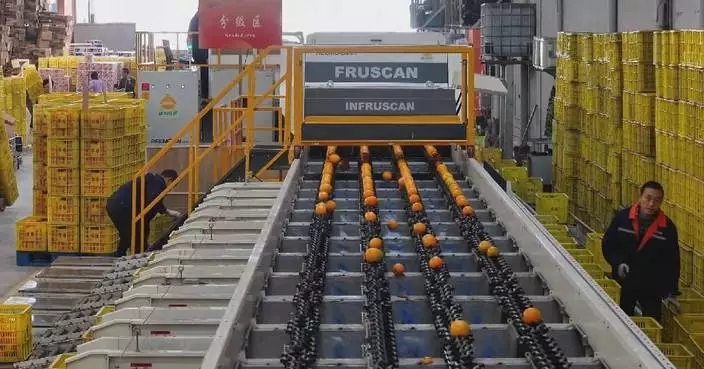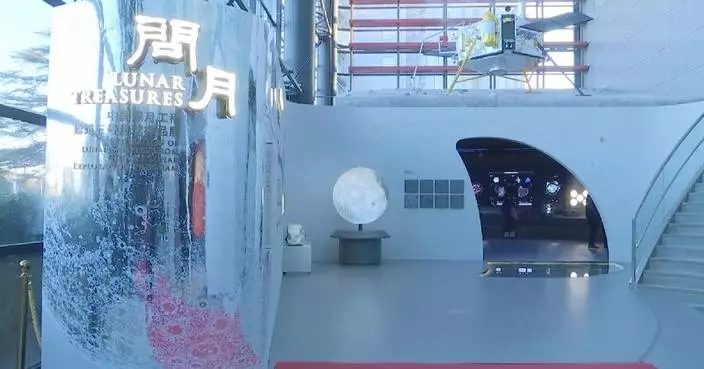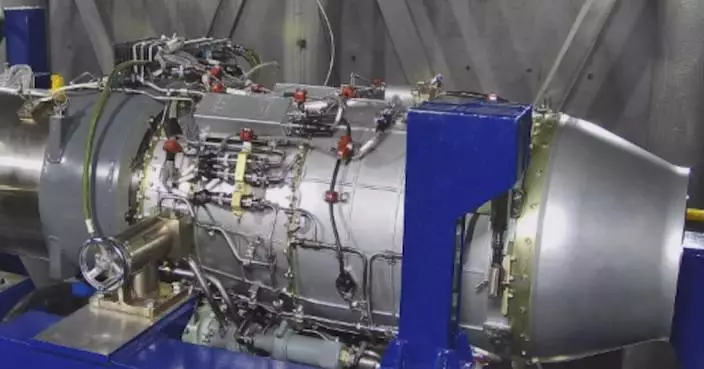A variety of new technologies and products transforming traditional manufacturing and metallurgical industries are on display at the ongoing 2024 Global Industrial Internet Conference in Shenyang City, northeast China's Liaoning Province.
One exhibitor is demonstrating how digital twin technology replicates all industrial equipment from their plant in Dalian City, located 400 kilometers away. This technology allows staff to monitor equipment conditions in real-time through data, and visitors can even place remote orders directly on-site.
"Once a customized order is placed, the manufacturing process begins. Here is the production line for seals, where customers can select their preferred logos. During production, digital twin technology presents the procedure live. Look at the robotic arm - it's operating," said Wang Shuya, the exhibitor.
Just a few minutes later, an exquisite seal was produced in Dalian.
Beyond the manufacturing industry, digital technologies are also revolutionizing the traditional metallurgical sector. With 5G technology, mining robots can be operated from more than 100 kilometers away, and data from large-scale industrial models enhances the safety of mining areas.
"We developed an unmanned belt system. This system decreases non-fault-related shutdowns caused by belt failure by over 95 percent," said Sun Wenchu, an exhibitor.
Under the theme of digital transformation, the 2024 Global Industrial Internet Conference, running from Wednesday to Saturday, features an opening ceremony with a keynote forum, a theme exhibition, two special sub-level conferences, 22 special forums, competitions and other activities.

Technologies transforming traditional industries at 2024 Global Industrial Internet Conference









